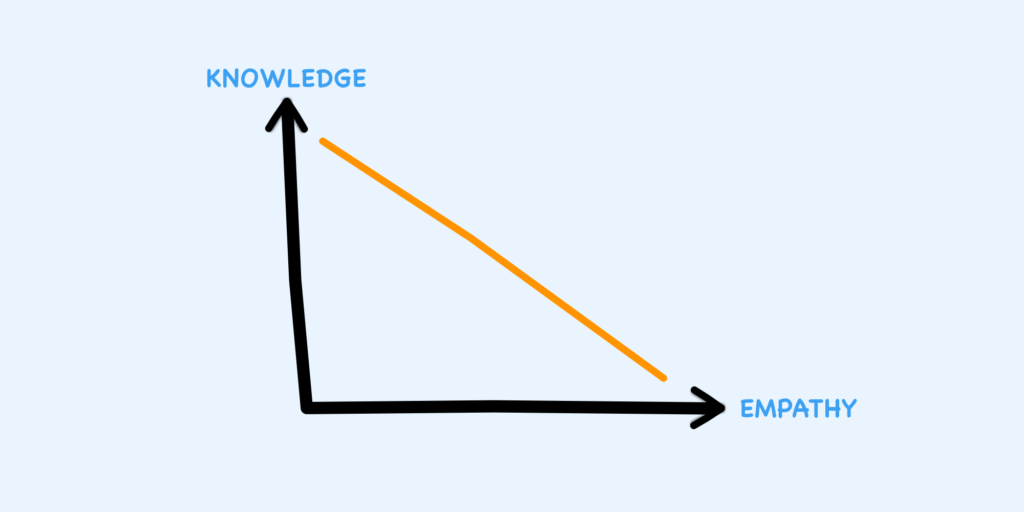As trainers and assessors, we build our practice on industry expertise. We know the tasks inside out, we understand the standards behind each qualification, and we often take for granted what “competent performance” looks like. Yet this fluency brings with it a subtle danger: the curse of knowledge.
The curse of knowledge is the bias that makes it hard for experts to imagine what it feels like not to know what they know. For trainers and assessors, this can creep into training delivery and assessment in ways that compromise both the learning experience and the integrity of vocational programs.
I have seen it in many RTOs—and I have experienced it myself. There were times when I designed learning activities assuming students had already developed competencies that were, in reality, still under development. My activities lacked the level of guidance learners needed, leaving them frustrated. To me, the expectations were obvious. To them, they were unclear. That is the curse of knowledge at work.
Why This Matters to Trainers and SMEs
When we unconsciously assume learners know what we know, we don’t just risk confusing them—we risk losing empathy for their experience. Learners who hesitate, ask questions, or struggle with a task can be unfairly perceived as “not trying hard enough,” when in reality, the fault lies in our assumptions. Over time, this creates distance between trainer and learner.
Empathy is the foundation of the trainer–student relationship. It’s what allows us to meet learners where they are, adapt our strategies, and support them to grow in confidence. But the curse of knowledge blinds us to the learner’s perspective, making us less patient, less responsive, and sometimes less respectful. The relationship shifts from supportive to transactional, and the quality of learning inevitably suffers.
For subject matter experts (SMEs) stepping into training roles, this risk is even greater. Technical expertise can make it difficult to “rewind” to a beginner’s mindset, which is essential for both empathy and effective teaching.

Keeping the Curse Under Check: Practical Steps
Trainers and SMEs can take deliberate actions to counteract the curse of knowledge and protect the integrity of their relationships with learners:
- Rehearse empathy. Ask yourself: What would this task look like if I had never done it before? Visualising the learner’s experience builds patience and understanding.
- Check activities on fresh eyes. Ask a colleague or past learner to test instructions before delivery. If they find it confusing, your learners will too.
- Break tasks into visible steps. What feels like “one action” to you may be several smaller steps to a novice. Spell these out explicitly.
- Use learner feedback as a mirror. Invite students to explain back what they understood. Gaps in their interpretation reveal where empathy and clarity are missing.
- Reflect after delivery. Pay attention to moments when learners disengage, ask repeated questions, or show frustration. These are often signs that our expertise got in the way of their experience.
By practising these steps, trainers and SMEs not only create clearer and fairer training—they also strengthen trust and respect in the trainer–student relationship.
The Bigger Picture
The curse of knowledge is not a failing—it is simply the by-product of expertise. But in vocational education, where learners rely on trainers to guide them through unfamiliar territory, it becomes a risk we cannot afford to ignore. By consciously resisting this bias, trainers and SMEs preserve empathy, maintain the integrity of their training programs, and ensure that vocational education continues to deliver trusted, meaningful outcomes.

